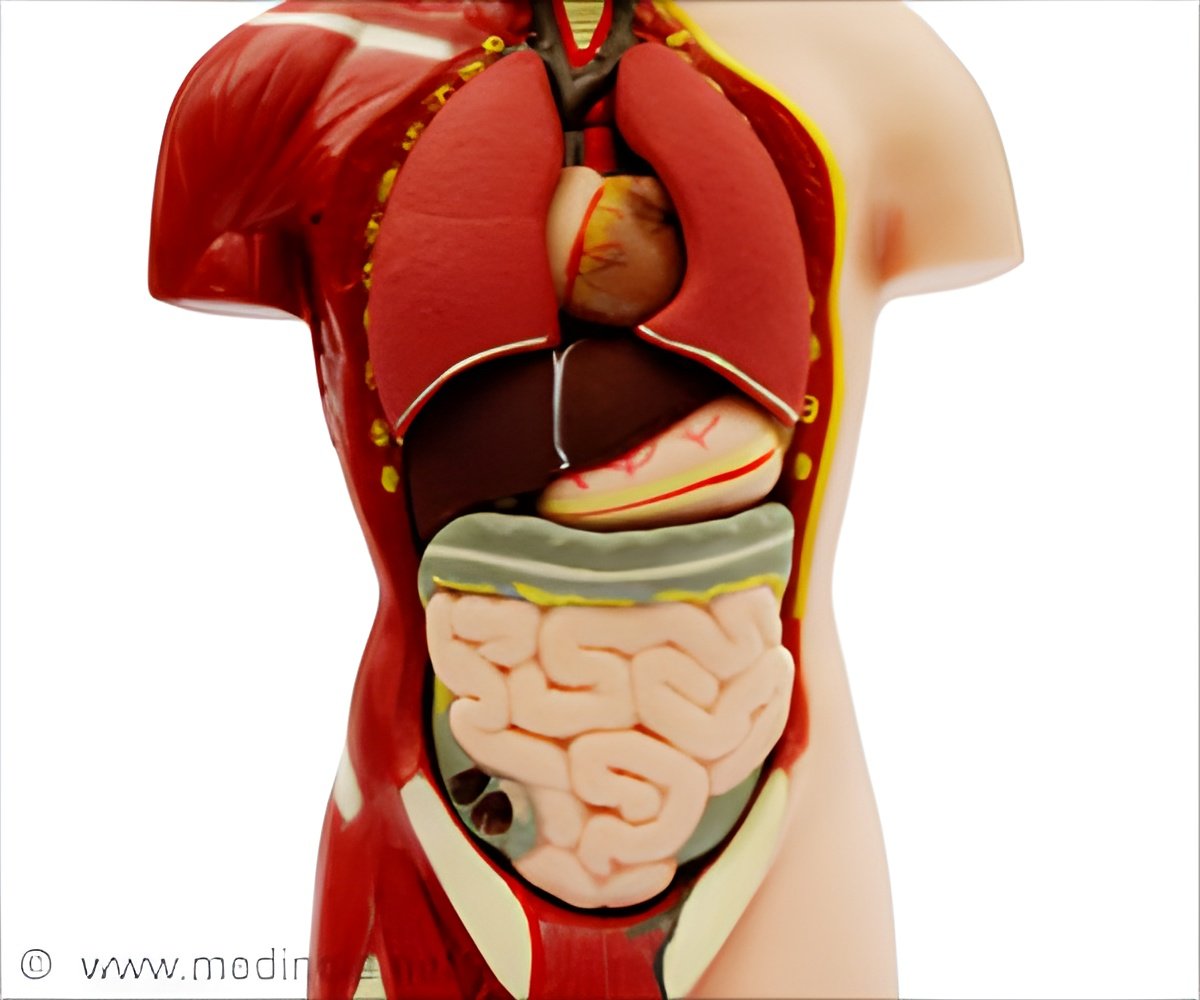
"This study identifies a set of bacteria that are associated with symptoms, and a group of anti-inflammatory genes that are associated with intestinal damage in children with Crohn's disease," comments Lee A. Denson, MD, of Cincinnati Children's Hospital Medical Center. The new findings—published online today by the Journal of Clinical Investigation—may lead to new approaches in the diagnosis, classification, and treatment of IBD.
In the CCFA-sponsored RISK study, researchers performed in-depth microbiological and gene expression studies in tissue samples (biopsies) from the ileum—the lowermost portion of the small intestine—in a large group of children with Crohn's disease. The samples were obtained at the time of diagnosis and before the start of treatment. The goal was to evaluate the bacteria and immune responses associated with IBD in children, and how these factors affect the course of the disease.
As in previous reports from the RISK study, there was a shift in the types of bacteria present in the ileum of children with newly diagnosed Crohn's disease. Increases in certain types of bacteria and decreases in other types were strongly linked to the clinical severity of disease.
The researchers also identified a "core" gene expression signature in the ileum of children with Crohn's disease. The genes involved have been linked to the inflammatory changes in the gut. In addition, certain genes in the core signature appeared to be specifically associated with intestinal damage, in the form of deep ulcers.
"Both the levels of bacteria and the anti-inflammatory genes predicted the likelihood that a child would experience remission without needing steroids or surgery during the first year after diagnosis," according to Dr. Denson. Information on the presence of these bacterial and gene expression factors improved accuracy in predicting the outcomes of treatment, compared to a conventional model based on clinical factors only. This information might help doctors in targeting patients who can benefit from more-intensive treatment for Crohn's disease—particularly as newer "biological" therapies for IBD become available. The results also suggest that treatments to modify the bacterial population of the ileum may be necessary to achieve lasting clinical responses.
Advertisement
Crohn's disease and ulcerative colitis are painful, medically incurable illnesses that attack the digestive system. Crohn's disease may attack anywhere along the digestive tract, while ulcerative colitis inflames only the large intestine (colon). Symptoms may include abdominal pain, persistent diarrhea, rectal bleeding, fever, fatigue and weight loss. Many patients require hospitalization and surgery. These illnesses can cause severe complications, including colon cancer in patients with long-term disease. Some 1.4 million American adults and children suffer from Crohn's disease or ulcerative colitis.
Advertisement
Source-Medindia










